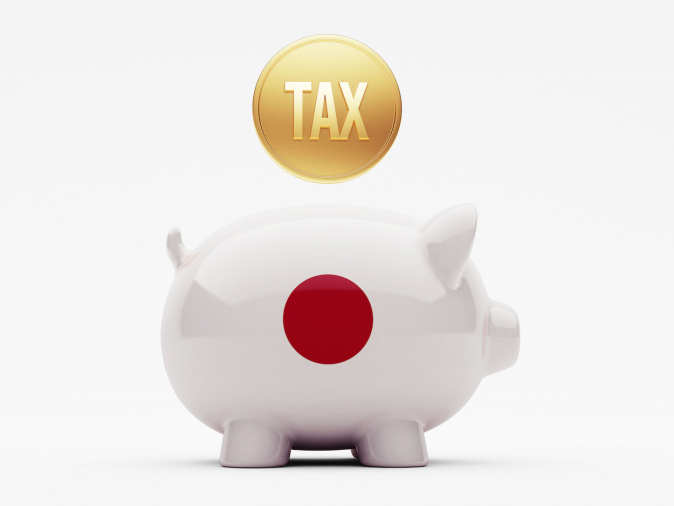

(APRIL 28, 2022) APM Kishida has been in power for close to six months, and the buzz-word of this cabinet has been ‘new capitalism’, which is meant to cover policies towards creation of a virtuous cycle of growth and distribution. With the policies, Kishida aims to distinguish himself from his predecessors, former PM Abe and Suga, who saw stimulating economic activity and a resultant automatic trickle-down effect as their main economic aim. But with 10 years of economic stimulus packages to prop up growth, the average Japanese worker has seen little benefit in terms of income, while big business purses are bursting at the seams.
A central plank in this year’s tax reform is therefore enhancing tax reduction measures for companies that proactively increase employee wages. In this article we summarize the main changes that will have fiscal consequences for SMEs.
Corporate Taxation
Revision of tax credits to encourage wage growth for SME employees
Fiscal measures were already in place for SMEs to encourage salary growth in SMEs, however the maximum tax credit is increased from 25% to 40% in case the total wages paid to all employees are increased by 1.5% or more year-on-year. EY provides a breakdown explaining the components of the tax credits in its 2022 Tax Reform Outline.
Extension and enhancement of tax incentives to promote open innovation
The Japanese government strives to fiscally encourage collaboration between startups and established companies. Therefore the open innovation tax incentive measure, where companies can deduct a portion of their investments from taxable income is extended for another 2 years.
Consumption Tax – Tax administration
Revisions to the consumption tax invoice system
In preparation of Japan’s move toward a consumption tax system that is more similar to that what is common in EU member states a number of procedures are revised this year. This includes the following:
Other English sources on Japanese 2022 Tax Reform:
Ministry of Finance, FY2022 Tax Reform (Key points) (December 2021)
EY Tax Alert, The Impact of the 2022 Japan Tax Reforms for Inbound Businesses (March 2022)
EY Tax Alert, 2022 tax reform outline (February 2022)
KPMG, Outline of the 2022 Tax Reform Proposals (December 2021)
Deloitte, Japan Tax & Legal Inbound Newsletter/2022 Japan Tax Reform (December 2021)
Baker McKenzie, Japan Corporate and Tax Quarterly Update: Recent legal reform - 2022 tax reform proposal and changes to the share delivery regime (February 2022)
The EU-Japan Centre currently produces 5 newsletters :










Joint venture established in 1987 by the European Commission (DG GROW) and the Japanese Government (METI) for promoting all forms of industrial, trade and investment cooperation between the EU and Japan.
The EU-Japan Centre’s activities are subject to the allocation of a Grant Agreement by the European Commission for 2024-2026

